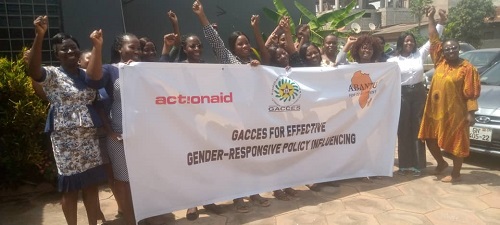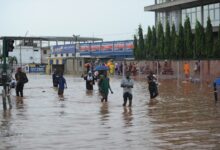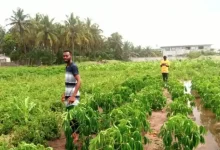
Members of the Gender Action on Climate Change for Equality and Sustainability (GACCES) has revived its platform, and contributed to gender–responsive national climate change policies and interventions.
This was at meeting hosted by ABANTU for Development, a non-governmental organization (NGO)) and held under the theme:“Reviving the Gender Action on Climate Change for Equality and sustainability for effective Gender-Responsive Policy Influencing,” in Accra, yesterday.
GACCES established in 2008, has built the capacities of women, women’s rights organisations, civil society and other stakeholders, to effectively participate in climate change discourse.
Dr Rose Mensah- Kutin, the West Africa Regional director for ABANTU for Development, said climate change intensified pre-existing gender inequalities, which had adverse effects on women.
She said the change in weather was contributing to the breakdown of traditional agricultural systems, and the loss of traditional livelihoods making it difficult for men and women to perform their traditional social roles.
Dr Mensah- Kutin said climate induced livelihood insecurity was increasing the burden on women since it was increasing migration of men in search of economic opportunities.
She urged stakeholders, civil society, development partners and government to support the implementation of policies against sexual and gender-based violence.
“Gender norms and power structures plays a critical role in determining how women and men of different backgrounds were impacted by and respond to change” Dr Mensah- Kutinstated.
She said that understanding gender dimensions of climate-related security risks, was key to avoiding exacerbating vulnerabilities, adding that it also revealed new entry points for advancing gender equality, improving climate resilience and ensuring sustainable peace.
Dr Mensah-Kutincalled for better analysis and immediate actions, to address the linkage between climate change, peace and security from gender perspective.
Head of programmes at ABANTU, Ms Grace Ampomaa Afrifa, said in fragile and conflict-affected countries where populations were already suffering from multiple risks posed by climate change, the pandemic and the effect of the conflict was a “crisis layered on top of a crisis.”
She acknowledged efforts that were being made to tackle climate change issues, however, she noted that there were gaps in the response to specific needs of women, which must be addressed.
Ms Afrifa said collaborative efforts from stakeholders and the empowering of traditional and religious leaders, local government and community members would complement the fight against climate change.
BY BENEDICTA GYIMAAH FOLLEY







